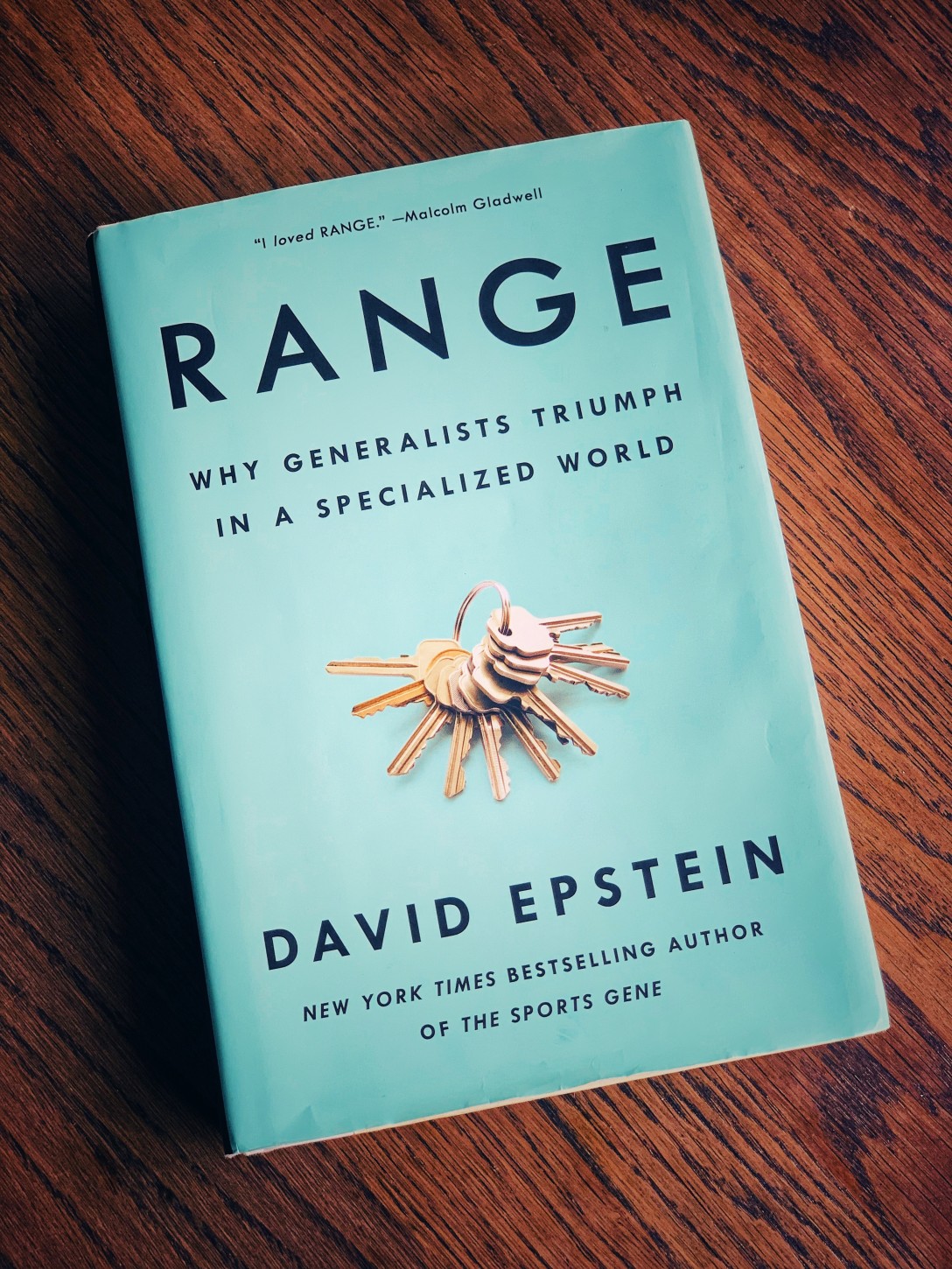The first principle is that you must not fool yourself – and you are the easiest person to fool. – Richard Feynman
Why do some people accomplish great feats like Elon Musk whereas, most others lag behind? Its true that the law of averages dictate that most people will have average lives and only some will live a truly outlier life. Yet, it remains true that almost all of us have the necessary tools to make our lives better. Then where does it go wrong?
(Follow me on YouTube- RaihanRiad)
Have you ever wanted to help someone else? To turn someone else into a proper human being? Probably your own children, or someone else you are responsible for? Well, no matter who that is, you are at most 50% responsible for how their lives turn out to be. You know who you are 100% responsible for though? That would be you, yourself. Yet why is it that we find it hard to conjure up enough motivation to do something about our own lives?
It’s becuase of fear of failure. It would suck if you tried to do the right things and then failed. You’ll be 100% responsible and you will feel miserable. Fear of failure is one of the worst internal enemies that each of us battle with regularly. It lies to us and makes us work on projects where we can shift the blame on other people.
For example: how many people would say they want to solve humanities biggest problems? Better yet, how many people think that they could actually do better than the people currently responsible?
Yet when you look at their personal lives, maybe one of their parent is fighting with depression. Don’t you think that person should try his/her best to solve that problem first? What about your big aspirations that you gave up on when reality became unbearable? Don’t you honestly think, if a human can climb Mount Everest, walk on the moon, make a space shuttle company with only 100 million dollars (i’m thinking Elon Musk) then a human, namely you, could also break into the music industry or learn about Artificial Intelligence, or become a heart surgeon (or whatever your dream was that you gave up on)?
You are a very special being with incredible powers of neuroplasticity, adaptability and resilience. Don’t sell yourself short. Fear of failure will make you shift focus to other people’s problems and justify that by saying that its nobler. But the reality is, deep down you are just afraid.
Tackle the problems that would immediately make your life better. Stop cowering behind projects that would either take an eternity to complete or where you can easily shift the blame of failure to others. That’s how you beat fear of failure.


